By some estimates, the top one percent of Americans earn 20 percent of the income. Wealth inequality is even more dramatic, with a mere 0.1 percent of the population controlling more than 20 percent of the wealth. At the same time, more than 45 million Americans live in poverty, according to recent Census data. This level of inequality has implications for social and economic mobility, professional and educational attainment, and food and housing security, as well as the entrepreneurship and innovation that drive our economy.
NORC is one of the nation’s leading sources of reliable, independent data on poverty and inequality in this country and around the world. One of NORC’s very first studies was a survey of public perceptions about race, economic status, and poverty. Since then, NORC researchers have explored the world of low-wage work, examined the economic impact of early childhood care and development, and studied a variety of social safety net and economic development programs both in the United States and abroad.
Poverty & Inequality Experts
-
Rupa Datta
Vice President & Distinguished Senior Fellow -
Michael Davern
Executive Vice President & Chief Research Officer -
Carolina Franco
Principal Statistician -
Jill Gandhi
Research Scientist -
Leah Gjertson
Senior Research Scientist -
Robert M. Goerge
Senior Fellow -
Catherine C. Haggerty
Vice President -
Carrie E. Markovitz
Program Area Director for Youth Research -
Robert Michael
Senior Fellow -
Emma Kahle Monahan
Senior Research Director -
Seth Sanders
Senior Fellow -
Heather Sawyer
Senior Research Director -
Ilana M Ventura
Senior Research Methodologist -
Emily R. Wiegand
Senior Research Methodologist


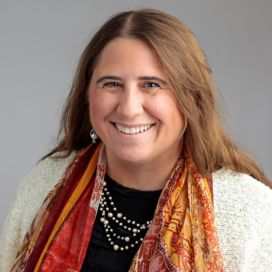

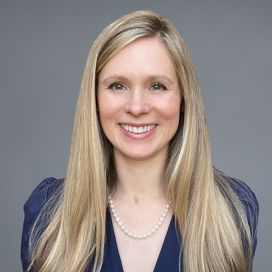




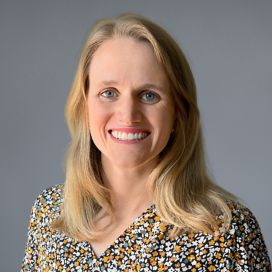
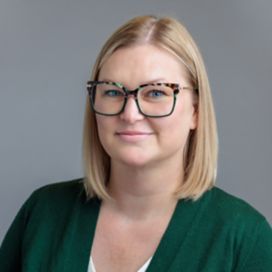
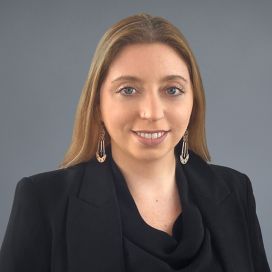






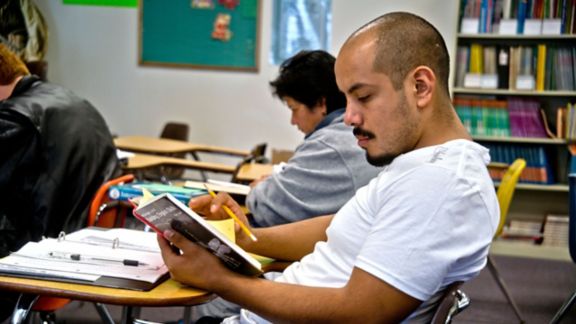
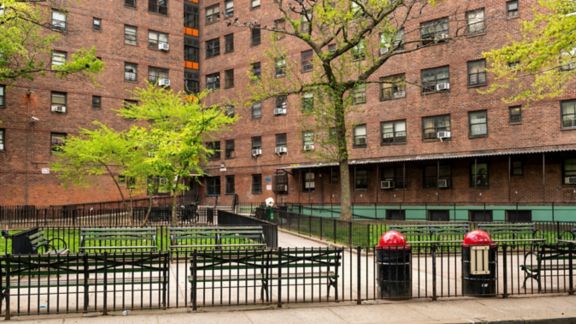
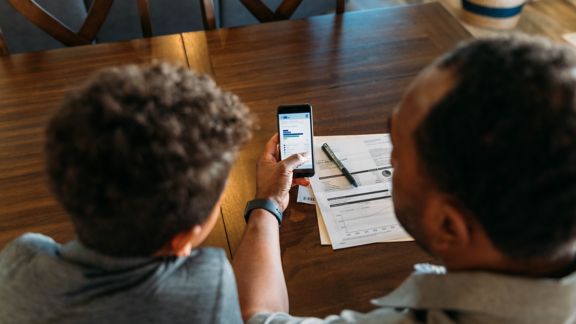


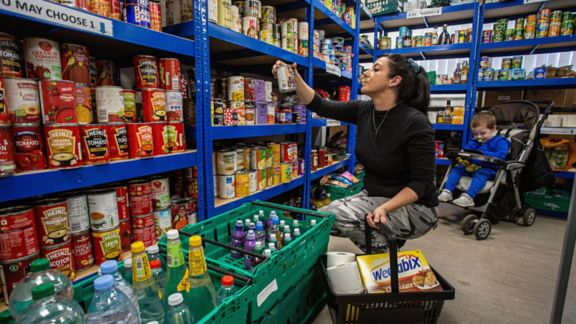

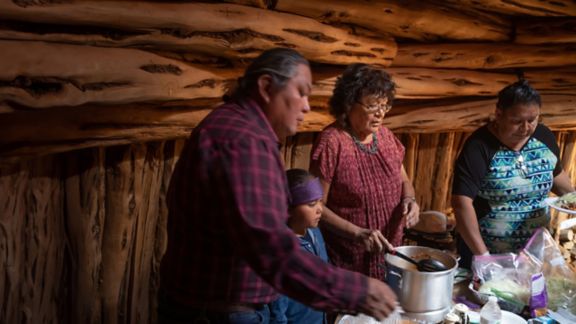
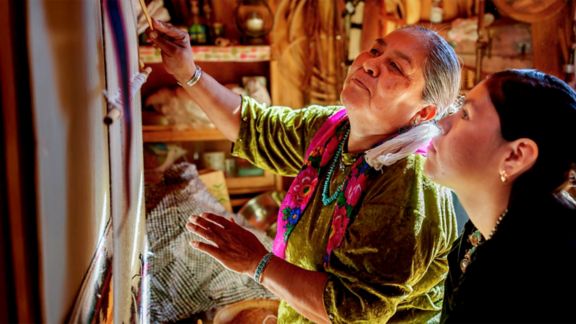

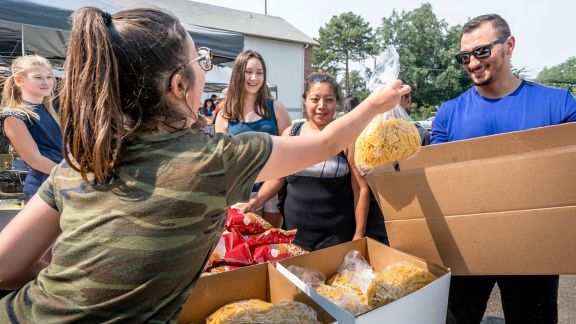
:mobileHorizontal)

